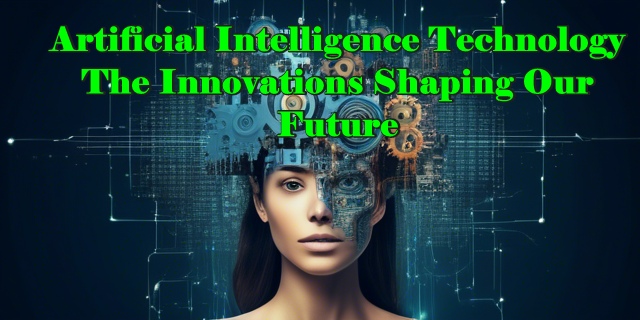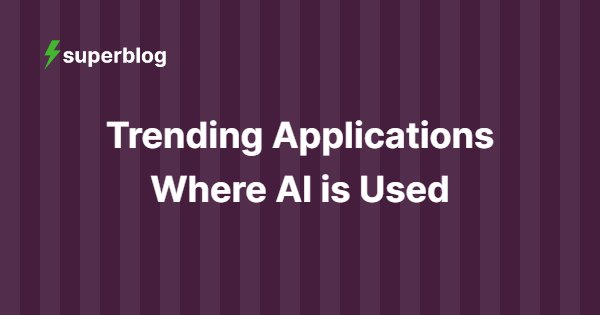Artificial intelligence (AI) is revolutionizing the education landscape, offering unprecedented opportunities to personalize learning and empower educators. By leveraging AI’s capabilities, we can create a more equitable and engaging educational experience for all students.
One of the most significant benefits of AI in education is its ability to tailor learning to individual needs. AI-powered adaptive learning platforms can track student progress, identify areas of strength and weakness, and adjust the curriculum accordingly. This ensures that each student receives the support and challenges they need to succeed.
Moreover, AI can provide real-time feedback and support to students. Virtual assistants and chatbots can answer questions, provide guidance, and offer encouragement. This constant access to assistance empowers students to take ownership of their learning and develop a growth mindset.
AI also plays a crucial role in empowering educators. By automating administrative tasks, such as grading and data entry, AI frees up teachers’ time to focus on what matters most: teaching. Additionally, AI can provide educators with insights into student performance, helping them identify students who need additional support or enrichment.
Furthermore, AI can enhance collaboration between educators and students. AI-powered discussion forums and online communities allow students to connect with their peers and teachers, share ideas, and engage in meaningful discussions. This fosters a sense of community and promotes a deeper understanding of the subject matter.
However, it is important to note that AI is not a replacement for human educators. Rather, it is a powerful tool that can augment their capabilities and enhance the learning experience. By embracing AI, educators can create a more personalized, engaging, and equitable education system for all.
As AI continues to evolve, we can expect even more transformative applications in education. From virtual reality simulations to personalized learning pathways, AI has the potential to revolutionize the way we teach and learn. By harnessing its power, we can create a future where every student has the opportunity to reach their full potential.
Empowering Educators with AI: Enhancing Teaching and Student Support
Artificial intelligence (AI) is revolutionizing the education landscape, offering transformative opportunities to personalize learning and empower educators. By leveraging AI’s capabilities, educators can tailor instruction to individual student needs, enhance student engagement, and streamline administrative tasks.
Personalized Learning
AI-powered learning platforms analyze student data, such as academic performance, learning styles, and interests, to create personalized learning paths. These platforms adapt content and activities to each student’s unique strengths and weaknesses, ensuring that they receive the most effective instruction. By providing targeted support, AI helps students overcome learning barriers and achieve their full potential.
Enhanced Student Engagement
AI-driven educational games and simulations make learning interactive and engaging. These immersive experiences allow students to explore complex concepts in a fun and motivating way. AI also powers virtual assistants that provide students with real-time support and feedback, fostering a sense of connection and reducing isolation.
Empowered Educators
AI frees up educators from time-consuming tasks, such as grading and data entry. This allows them to focus on what they do best: teaching and supporting students. AI-powered tools can provide educators with insights into student progress, identify at-risk students, and recommend interventions. By automating administrative tasks, AI empowers educators to spend more time interacting with students and providing personalized guidance.
Improved Assessment
AI-powered assessment tools provide educators with a more comprehensive understanding of student learning. These tools can analyze student responses, identify areas for improvement, and provide feedback that is tailored to each student’s needs. By leveraging AI, educators can make more informed decisions about instruction and provide targeted support to students who need it most.
Collaboration and Innovation
AI fosters collaboration among educators by providing platforms for sharing best practices and resources. AI-powered tools can also facilitate the development of innovative teaching methods and the creation of personalized learning experiences. By connecting educators with a global community of experts, AI promotes continuous learning and professional growth.
Ethical Considerations
While AI offers immense potential in education, it is crucial to address ethical considerations. Educators must ensure that AI is used responsibly and in a way that promotes equity and inclusion. It is essential to mitigate potential biases and ensure that AI does not exacerbate existing disparities in education.
Conclusion
AI is transforming education by personalizing learning, empowering educators, and enhancing student engagement. By leveraging AI’s capabilities, educators can create a more equitable and effective learning environment that meets the needs of all students. As AI continues to evolve, it is essential to embrace its potential while addressing ethical considerations to ensure that it serves as a powerful tool for educational transformation.
The Future of Education: AI’s Role in Transforming Learning Experiences Artificial intelligence (AI) is revolutionizing the education landscape, offering unprecedented opportunities to personalize learning and empower educators. By leveraging AI’s capabilities, we can create a more equitable and engaging educational experience for all students.
One of the most significant benefits of AI in education is its ability to tailor learning experiences to individual student needs. AI-powered adaptive learning platforms can track student progress, identify areas of strength and weakness, and adjust the curriculum accordingly. This ensures that each student receives the support and challenges they need to succeed.
Moreover, AI can provide real-time feedback and support to students. Virtual assistants and chatbots can answer questions, provide explanations, and offer guidance, freeing up educators to focus on more complex tasks. This constant access to support can boost student confidence and motivation.
AI also empowers educators by providing them with valuable insights into student learning. Data analytics tools can track student engagement, identify patterns, and predict future performance. This information allows educators to make informed decisions about instructional strategies and interventions, ensuring that every student has the opportunity to reach their full potential.
Furthermore, AI can automate administrative tasks, such as grading, scheduling, and data entry. This frees up educators’ time, allowing them to spend more time interacting with students and developing innovative lesson plans. By streamlining these tasks, AI can help educators focus on what they do best: teaching.
However, it is important to note that AI is not a replacement for educators. Rather, it is a powerful tool that can enhance their capabilities and improve the overall learning experience. By embracing AI, educators can create more personalized, engaging, and effective learning environments for all students.
As AI continues to evolve, we can expect even more transformative applications in education. From virtual reality simulations to personalized tutoring, the possibilities are endless. By harnessing the power of AI, we can unlock the full potential of every learner and create a future where education is truly accessible, equitable, and empowering.

